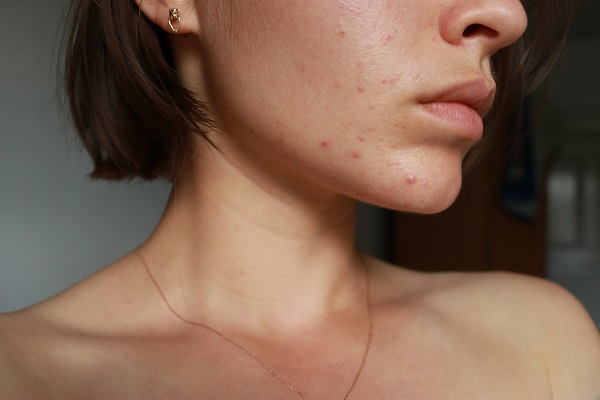
Acne is a common part of adolescence. It typically subsides naturally by a person’s mid-20s. But unfortunately, for many women and men, the issue persists into their 30s, 40s, and beyond.
There can be several individual factors that influence the presence and prevalence of adult acne. Some of the most common causes include:
- Excessive Oil Production
- Hormone Fluctuations
- Comedogenic Products
- Certain Medications
- Corticosteroid and Anabolic Steroid Use
- Poor Diet
These issues can produce embarrassing and painful acne on adults’ faces, necks, backs, and chests.
Determining the cause of your acne will play a role in which treatment is used to eliminate it. During your initial consultation, board-certified dermatologist Dr. Steven Greene will work to determine the underlying cause of your chronic or late-onset acne to help ensure the most effective treatments are used.
Treatments for Adult Acne
There are some steps you can take at home to reduce adult acne. These include choosing a well-balanced and healthy diet, using non-comedogenic products, and taking steps to reduce stress. However, these alone may not be enough to address the problem entirely.
Cosmetic treatments that can reduce or eliminate the presence of acne in adults include:
While each treatment addresses specific concerns, many of these options can be used to correct other skin concerns as well, including textural issues, pigmentation irregularities, sun and age spots, and even vascular lesions. Some, along with treatments such as dermaplaning and microneedling, may also be effective at treating acne scars.
In addition to professional services, adopting a solid daily skin care routine will help treat adult acne. This can include gentle cleansers, moisturizers, serums, and ointments, though each person has unique concerns and needs. The best way to determine the professional services and skincare products that are ideal for you is through a one-on-one consultation with Dr. Greene.
We Are Here for You
Adult acne is relatively common. Several safe and effective options are available for its treatment. To learn which will best meet your needs, please call the Advanced Dermatology and Laser Institute of Seattle at 206-402-4797 to schedule your initial consultation today.

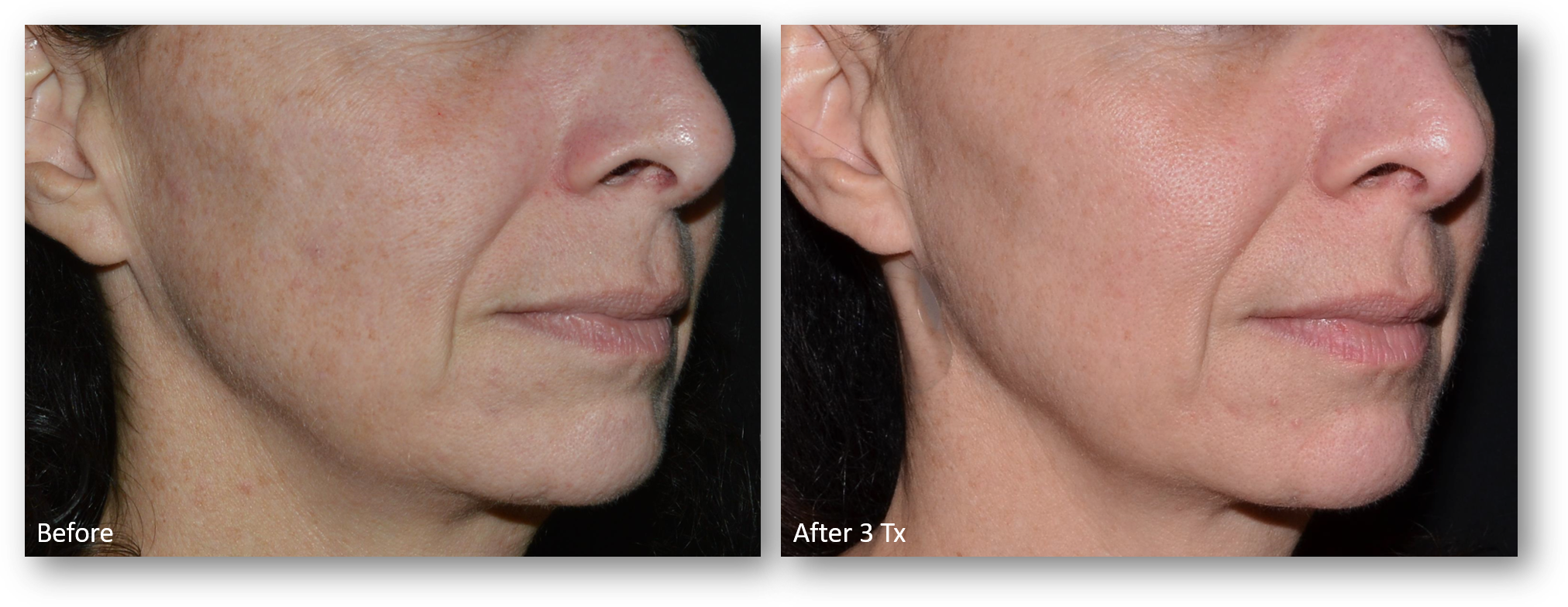
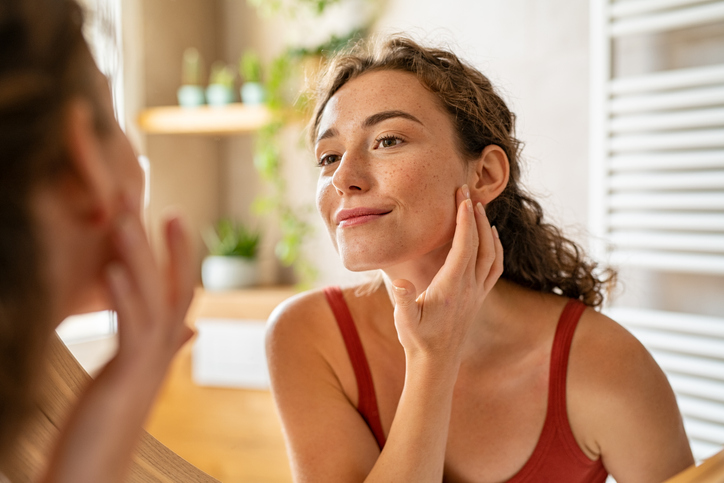
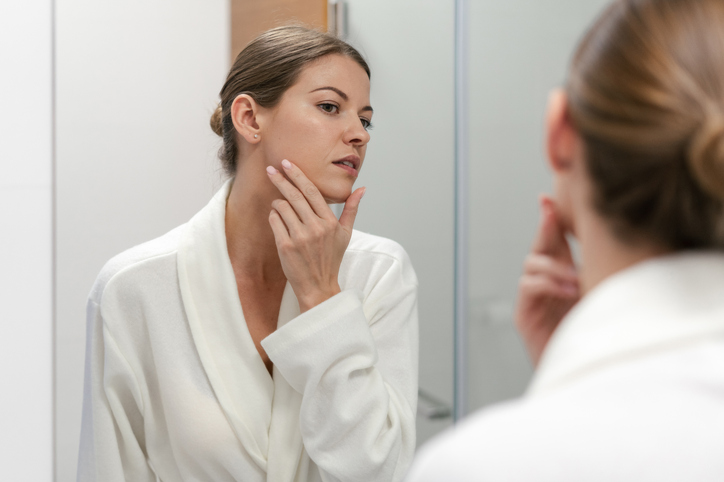

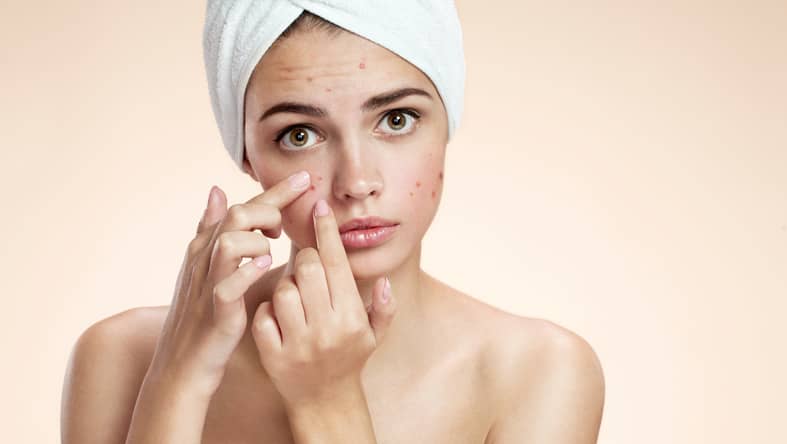 Over-the-counter face washes, gels and creams are often no match for acne. When you feel like you’ve tried every available
Over-the-counter face washes, gels and creams are often no match for acne. When you feel like you’ve tried every available